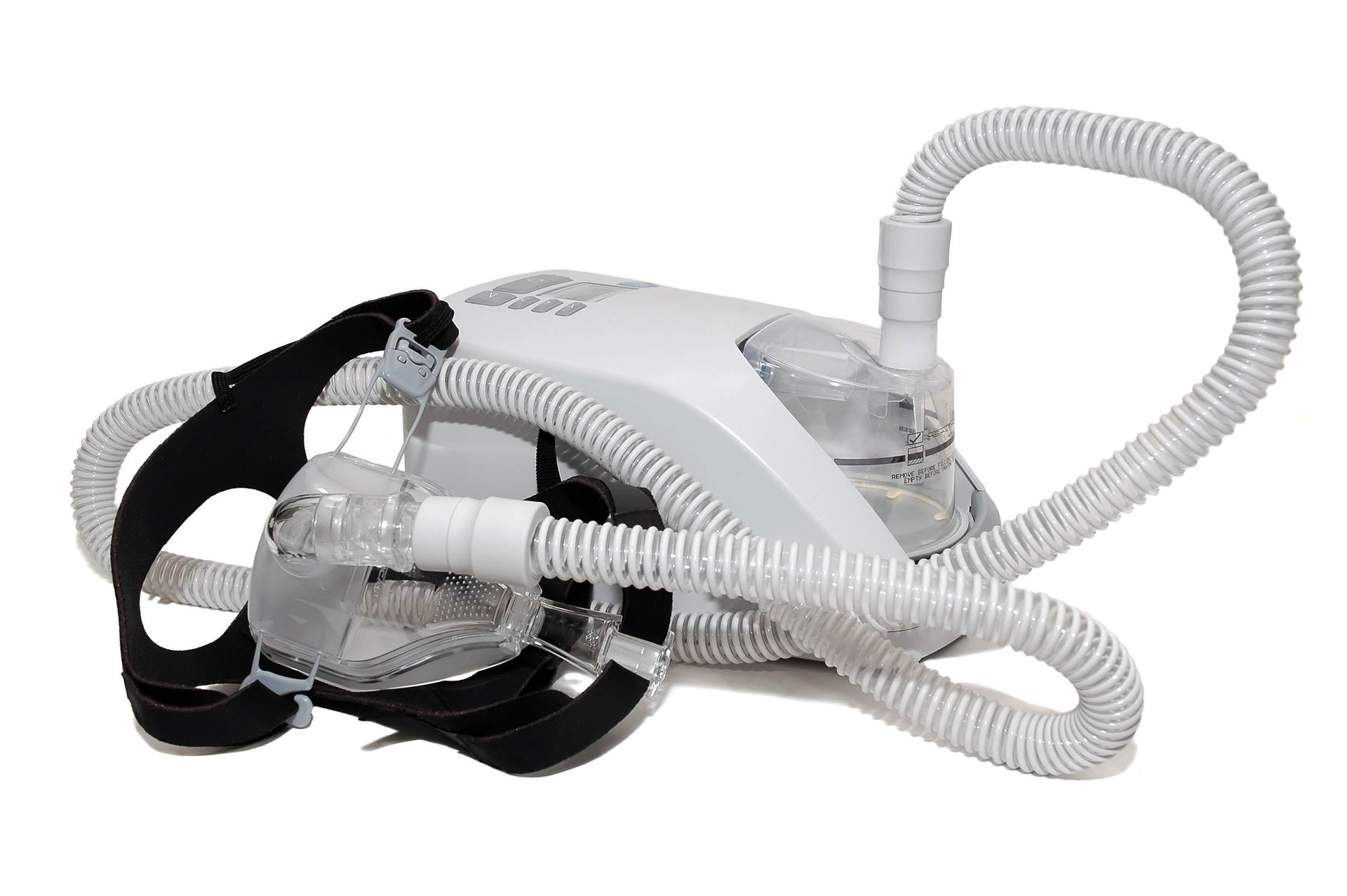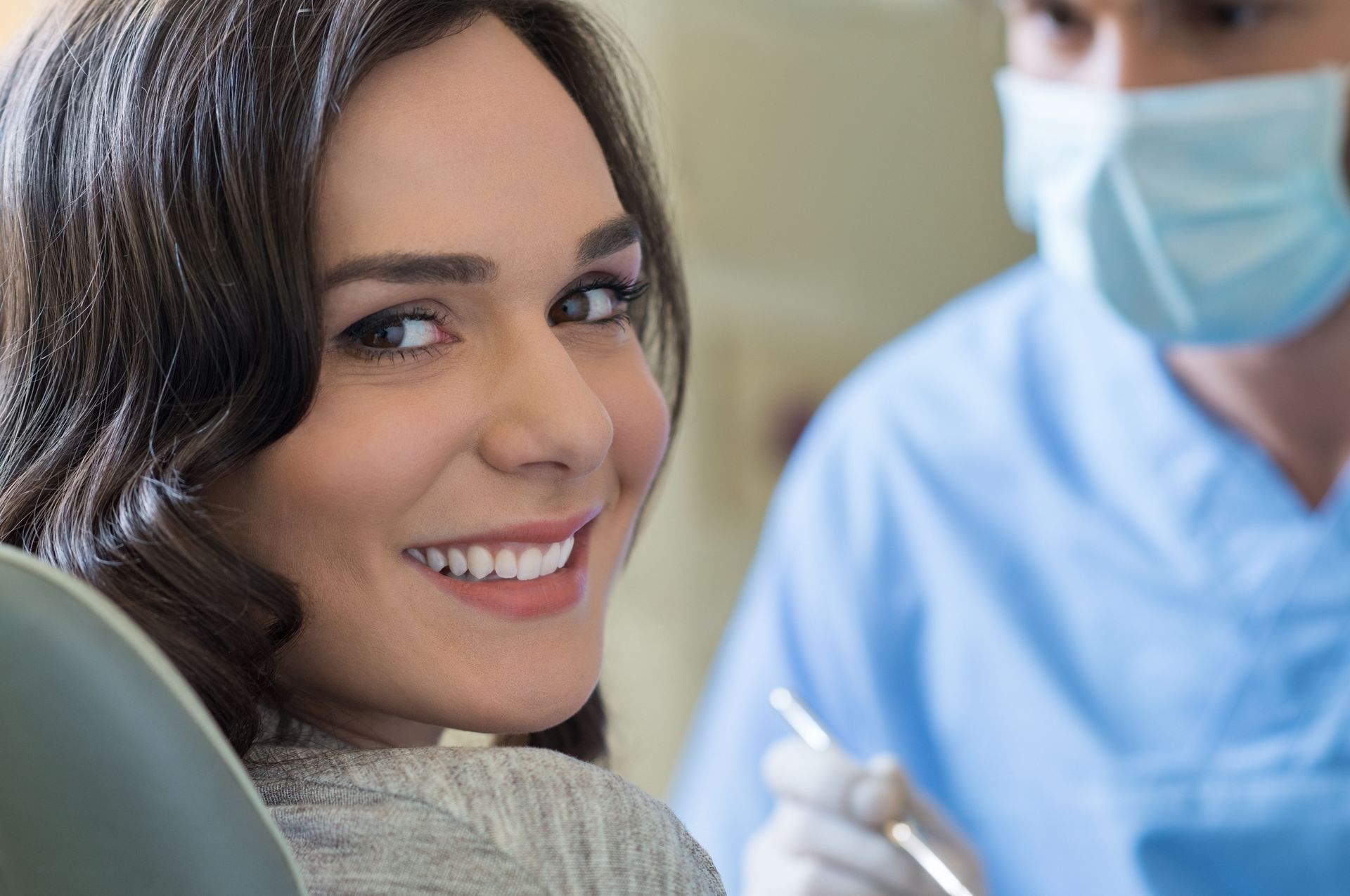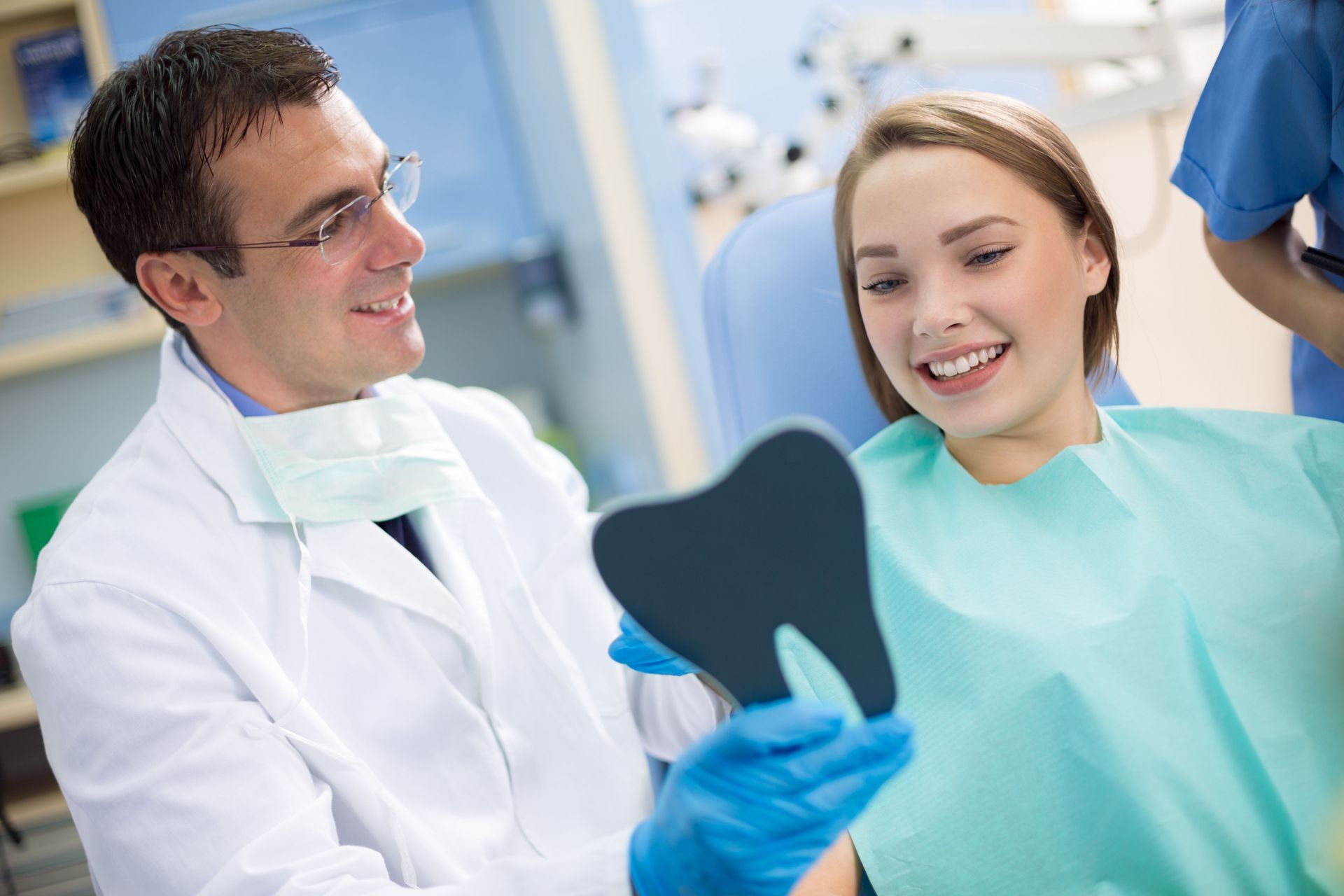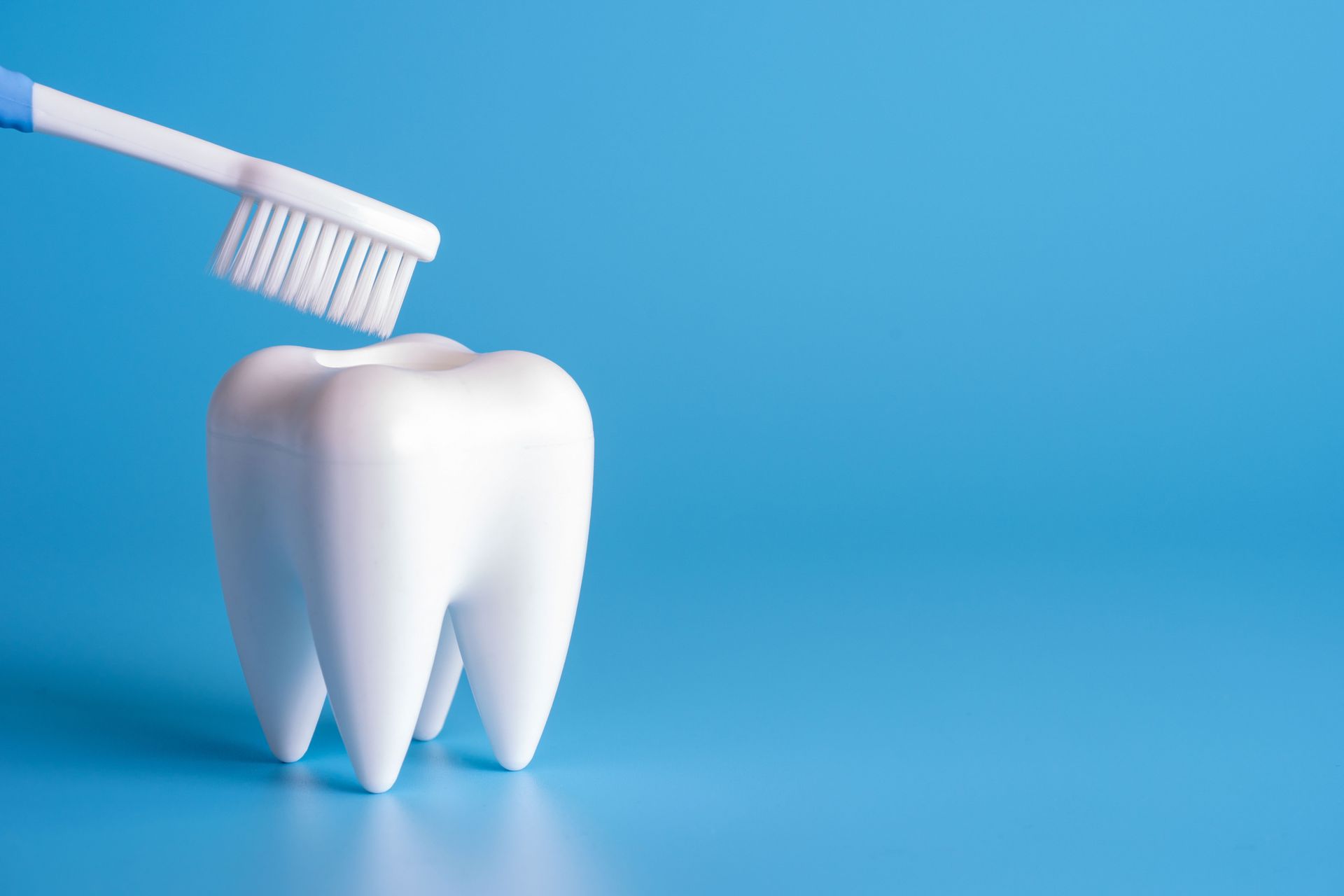Choosing the Right Sleep Device: Insights from Panneton Dental Group in La Vista, NE
Highlights:
- Personalized Solutions for Better Rest: Panneton Dental Group in La Vista customizes snoring and sleep apnea devices to fit your specific needs, ensuring both comfort and effectiveness.
- Multiple Device Options: From mandibular advancement and tongue-retaining devices to implant-retained solutions, each option targets different causes of airway obstruction.
- Comfort Meets Convenience: Dental sleep devices are compact, portable, and silent—making them easier to use and travel with compared to bulky CPAP machines.
- Comparable Effectiveness: Studies show that oral appliances can be just as effective as CPAP therapy for mild to moderate sleep apnea, according to the Mayo Clinic.
- Health Benefits Beyond Sleep: Consistent use of properly fitted devices supports heart health, cognitive function, and emotional well-being by improving oxygen flow and sleep quality.
- Expert Guidance You Can Trust: Panneton Dental Group helps patients evaluate their sleep habits, comfort preferences, and lifestyle to select the most effective and sustainable device.
Snoring devices often promise relief, but many fall short when it comes to comfort and effectiveness. If you're tired of restless nights or seeking a better solution for sleep apnea, you're not alone. At Panneton Dental Group in La Vista, NE, careful evaluation of snoring guards and implant-retained sleep devices helps you find the right fit for your needs. Keep reading to learn what questions to ask and how to choose a device that truly works for you.
Understanding Sleep Devices
Sleep devices offer relief for those struggling with snoring and sleep apnea. These tools work by keeping your airway open during sleep, but not all devices work the same way or fit every situation.
Types of Sleep Devices
Dental sleep devices come in several forms, each designed to address specific sleep issues. The most common options include mandibular advancement devices (MADs), tongue retaining devices (TRDs), and implant-retained sleep devices. MADs look similar to sports mouthguards but serve a different purpose. They gently push your lower jaw forward, which helps keep your airway open while you sleep. These devices work well for mild to moderate sleep apnea and chronic snoring. Tongue retaining devices hold your tongue in a forward position to prevent it from blocking your airway. These can be good options if you can't tolerate other devices or have dental issues that make MADs difficult to use.
Implant-retained devices offer a more permanent solution. These connect to dental implants in your mouth and provide stable positioning of your jaw throughout the night. For people with missing teeth or those who need more substantial support, this option delivers consistent results night after night. The American Sleep Apnea Association notes that dental devices can be highly effective for the right candidates. Finding the best match requires a professional assessment of your mouth structure, sleep habits, and breathing patterns.
Fun Fact
Did you know? The average person who treats sleep apnea with a custom dental device can reduce snoring volume by up to 70%, helping both them and their partner sleep better!
Snoring Guards vs. CPAP Machines
Snoring guards and CPAP machines tackle sleep breathing problems from different angles. Understanding these differences helps you make smart choices for your sleep health. Snoring guards are small, portable, and require no electricity. They fit in your mouth and work by repositioning your jaw or tongue to keep air flowing. Most people find them comfortable after a brief adjustment period, and they're quiet enough that they won't disturb your partner.
CPAP machines, on the other hand, use air pressure to keep your airway open. They consist of a mask, tubing, and a base unit that generates airflow. While highly effective for severe sleep apnea, many users struggle with the mask sensation, machine noise, or travel limitations. The Mayo Clinic reports that oral appliances may be just as effective as CPAP for mild to moderate sleep apnea. This makes dental options worth considering if you've found CPAP therapy challenging to maintain. Cost factors also differ significantly. Dental devices typically require a larger upfront investment but need fewer replacements and supplies over time. CPAP machines might have lower initial costs but require ongoing maintenance, replacement parts, and electricity.
Choosing the Right Option
Finding the perfect sleep device means looking beyond general reviews and recommendations. Your mouth structure, sleep habits, and personal comfort needs play crucial roles in determining what will work best.
Fun Fact
Did you know? Some modern dental sleep devices are so lightweight and compact that they can fit in a shirt pocket—making restful sleep easy to take anywhere you travel.
Evaluating Personal Needs
Your unique situation should guide your choice of sleep device. Start by asking yourself key questions about your sleep patterns and preferences. Do you sleep on your side, back, or stomach? Side sleepers often find dental appliances more comfortable than CPAP masks that can shift during position changes. Back sleepers might need stronger intervention since this position worsens airway collapse. Consider your comfort priorities too. Some people feel claustrophobic with masks covering their faces, but don't mind something in their mouths. Others prefer breathing through their nose and find oral appliances uncomfortable.
Your travel habits matter as well. Frequent travelers appreciate the simplicity of dental devices that need no electricity or distilled water. They fit in a small case and require minimal maintenance on the road. The American Thoracic Society emphasizes that treatment adherence is critical for managing sleep apnea. This means the best device for you is the one you'll actually use every night. Even the most advanced technology fails if it sits unused in your nightstand drawer.
Benefits of Dental Sleep Solutions
Dental approaches to sleep breathing problems offer distinct advantages over traditional treatments. These benefits extend beyond just quieter nights to improve your overall quality of life.
Improved Sleep Quality
Better sleep transforms daily life in ways you might not expect. When dental sleep devices keep your airway open all night, your sleep becomes deeper and more restorative. You'll notice the difference in how you feel when waking up. Instead of starting the day feeling groggy and exhausted, you'll wake feeling refreshed. This happens because your sleep cycles flow naturally without the constant interruptions caused by breathing pauses.
Your bed partner benefits too. The American Academy of Sleep Medicine notes that untreated sleep apnea affects relationships through snoring and sleep disruption. A properly fitted dental device can reduce or eliminate snoring, allowing everyone in the bedroom to sleep more soundly. Dream recall often improves with better sleep quality. Many patients report experiencing more vivid dreams after beginning treatment. This happens because they're spending more time in REM sleep, the stage when most dreaming occurs. Sleep tracking apps and devices will show measurable improvements. You'll see longer periods of deep sleep and fewer awakenings throughout the night, confirming that your treatment is working.
FAQs About Choosing the Right Sleep Device
How do I know which sleep device is best for my condition?
The best device depends on factors like your airway structure, severity of sleep apnea, and comfort preferences. A sleep evaluation and consultation at Panneton Dental Group can help determine whether a mandibular advancement device, tongue retainer, or implant-retained option is right for you.
Are dental sleep devices covered by insurance?
Many insurance plans that cover sleep apnea treatment include oral appliances, especially if prescribed by a dentist trained in sleep medicine. The team at Panneton Dental Group can assist in verifying your coverage before treatment begins.
How long does it take to get used to wearing a dental sleep device?
Most patients adjust within one to two weeks. The devices are custom-made for comfort, and minor adjustments can be made to ensure a secure and effective fit for long-term use.
Rest Easier with the Right Dental Sleep Solution
Choosing the right sleep device can transform not just your nights, but your entire well-being. At Panneton Dental Group in La Vista, NE, every recommendation is rooted in your individual needs—ensuring comfort, effectiveness, and long-term health benefits. Whether you’re exploring mandibular advancement devices, tongue retainers, or implant-retained options, their expert team provides the personalized guidance needed to achieve lasting relief from snoring and sleep apnea.





Share On: